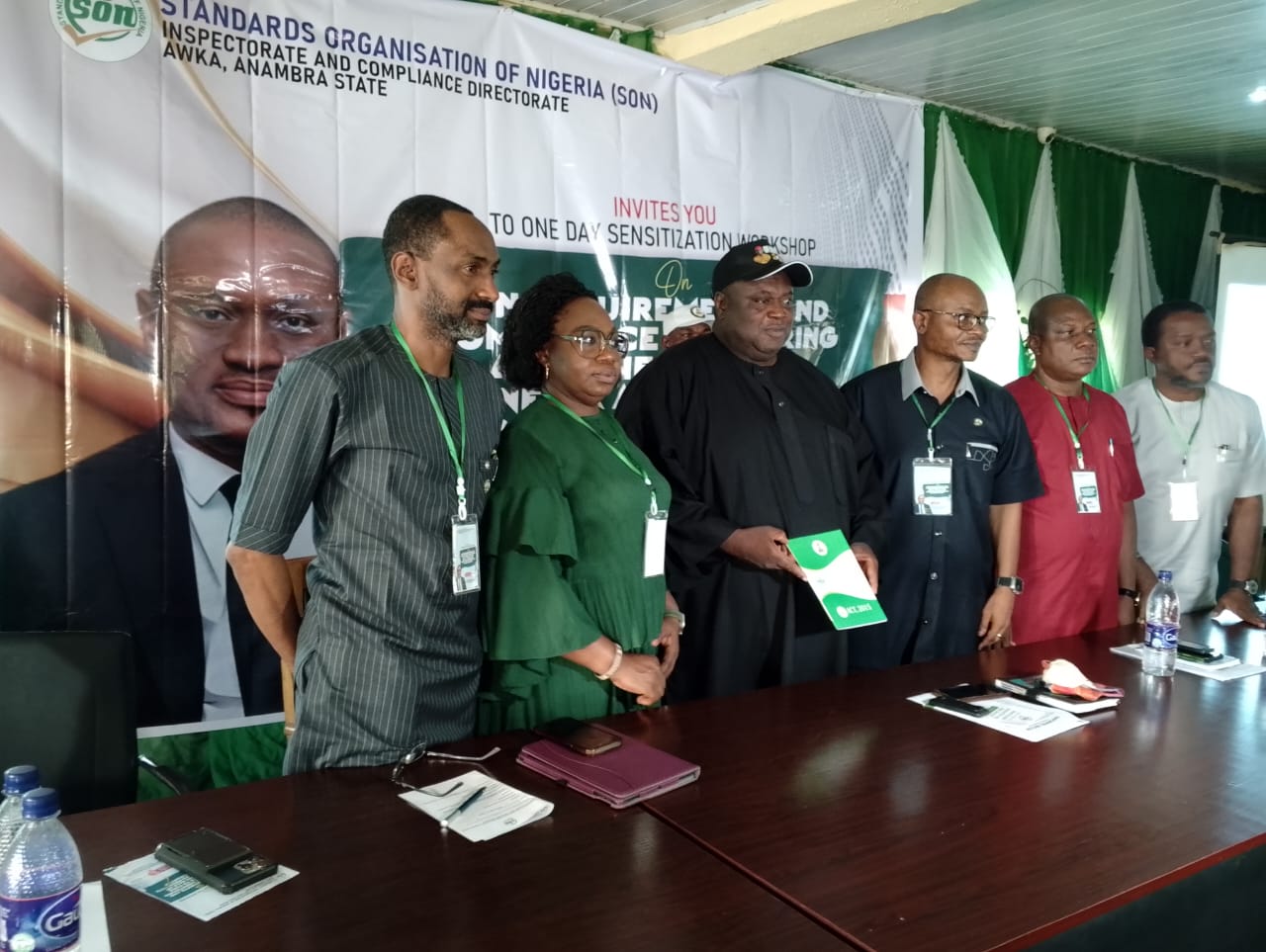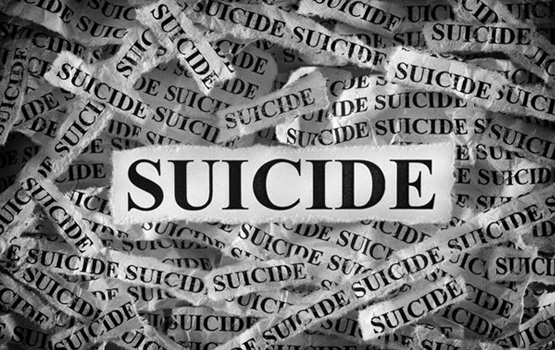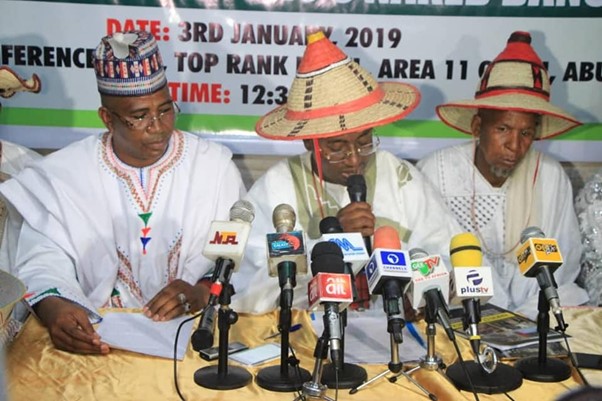By Theo Rays
About a week ago, a renowned industrialist and Elder Statesman, Dr Chike Obidigbo had an interactive session with select journalists in Awka, the Anambra State capital during which he presented an elaborate paper on the state of the South East geopolitical zone, the challenges and the way out.
First and foremost, it is important to acknowledge that Dr Obidigbo popularly called Osisioma Igbo has set out an exemplary role on the Igbo struggle. It is rare for a well-known and busy businessman to make out his time to articulate and present an elaborate work on how to deal with the challenges confronting the fatherland. The point is that the Osisioma Igbo has set the ball rolling for others to follow and kick the ball inside the net. More interesting is that the renowned industrialist was able to bring his vast experience to bear on the work by capturing the factors behind the suffering of Ndigbo and proffering workable solution. Kudos to Osisioma Igbo.
The paper titled “The Igbo Dilemma” saw the industrialist and CEO Harris & Dromeda taking much time to bring his brilliance, intellectual prowess and vast experience in national politics and international affairs to bear in identifying the causes of the challenges facing Ndigbo and the very best ways to effectively address them.
Lamenting heavily on the high rate of insecurity and socio-economic decline in the South East, he blamed the plight of Ndigbo in Nigeria on marginalization, poor political leadership, lack of unity of purpose, lack of good behavior among the citizens and influence of the outside world. He cited Britain who, according to him, wants to ensure their continued influence on the socio-political life of its former West African colonies including Nigeria.
He noted that the major challenge that the Igbo face is the issue of marginalization based on the absence of equity and fairness on the side of the Federal Government of Nigeria against the Igbo, self imposed mediocre political leadership as well as outside influence on leadership recruitment.
He said this has consequently led to someone emerging as a political leader with questionable elections and questionable judicial pronouncements.
According to him, the continued marginalization of the Igbo people poses a significant threat to the thriving of Nigeria’s democracy. He disclosed that the country’s history since the end of the Nigeria-Biafra civil war in 1970 has been marked by a deliberate effort to suppress the Igbo nation, despite their efforts to build bridges with other tribes.
The Elder Statesman said: “The Nigerian state has continued to behave in such a way as if isolating the Igbo is the best policy option to guarantee the country’s unity. For instance, the events of 1993 and 2023 share a common thread – the subversion of the will of the people. The annulment of the June 12 election and the perceived rigging of the 2023 polls are both symptoms of a deeper problem – the refusal to allow the Igbo people a fair shot at the highest office in the land.
“It is worrisome that despite the creation of six geopolitical zones, which was expected to provide equal opportunities and inclusive leadership, the South East has not been supported to produce the President of this country. This imbalance in the leadership of the country underscores the sore political points of lopsided allocation of number of states per zone. While other zones have as many as seven and six states each, South East is being punished with just five states. This is sad when you consider that national cake is shared out on state by state basis.
“The Igbo marginalization has continued unabated and just not long ago, Mr Sunday Adeyemo, alias Sunday Igboho, regained his freedom and re-joined his fellow Yoruba people after the federal government dropped all charges of treasonable felony against him for calling for the separation of the Yoruba nation from Nigeria due to the murderous activities of Fulani herdsmen in Yoruba land under President Muhammadu Buhari. Similarly, Mr Omoyele Sowore, the former presidential candidate of African Action Congress (AAC), was allowed to breathe the air of freedom after the federal government dropped charges against the young man for calling for revolution in Nigeria to address poor governance and bad leadership in the country.
“And just recently again, the President of Myetti Allah, Bello Badejo, was declared innocent from the charges of terrorism after the federal government withdrew charges against him for setting up a nationwide Fulani vigilante to secure the country despite the existence of Nigeria security agencies. In all these gestures of peace and reconciliation, the Attorney General of the Federation, Prince Lateef Fagbemi came out boldly to declare that the only way the leader of the IPOB, Mazi Nnamdi Kanu, can regain his freedom is through the court, despite the fact that the court of Nigeria had made a judicial pronouncement dismissing his trial for treasonable felony.
“Ndigbo are facing serious challenges from a foreign country who sees them as an enemy that must be continued to be suppressed for everlasting at all cost. This foreign country has remained steadfast in intervening in Nigeria’s affairs as if Nigeria is her entitled source of livelihood and Ndigbo her major obstacle to drawing her entitled benefits. The undue antagonism against Igbo is not limited to politics but goes down to economic activities, especially trade, commerce and industry.
“The foreign country sees the growth of Igbo economy as detrimental to theirs and so are ever prepared to do all things within their powers to arrest it at all costs. While the foreign country tried to believe that it is only Ndigbo that opposed to their complete take over of Nigeria economy, the Fulani has been schooled into nursing similar interest.”
He observed with dismay that Igbo on the other hand, have allowed themselves to be demystified by internal wrangling and ungodly behaviour, noting that involvement of the young people in get-rich at all cost, including yahoo, yahoo, ritual practices, drug trafficking, sex trafficking and other anti social practices have helped to redefine Igbo identity on the wrong side.
He observed that the inability of the Igbo leaders to arrest these challenges and harness the capacity of the citizens into domestic strength is worrisome. He said that the insecurity in the South East had sparked off mass exodus among traders and the business class who he said were relocating their businesses to neighbouring states like Delta, Edo and Kogi.
He condemned the security challenges all over the land particularly the high rate of killings, noting with dismay that Nigeria appears to be a country that does not value the lives of her youth and others.
“This is the only country I know that does not value the lives of her youth and other citizens. Our people are killed anyhow, everywhere, on the street, on the road, inside praying houses, in their farms, in the markets, inside their living rooms. In fact, in Nigeria today one can meet brutal death anywhere.
“The most painful thing about all these deaths whether of our security personnel or of the civilians is that they are all our people including the leaders of tomorrow who are being destroyed. When we willfully and ignorantly wipe them off today, who then will lead our already bleak tomorrow out of the darkness we created through our ignorance and foolishness?
“As a way out of the problem, it behooves on our leaders, particularly Igbo political leaders, (which I doubt genuinely exist); Igbo socio-cultural organisations and Igbo Think Tanks, to sit down and fashion out a workable course of action to free us from these heavy man -made burdens.”
For Obidigbo, Ndigbo have to look inward and fashion out the best way to make the best use of what they have. The Governors, he said, have to come up with a programme to harness the Igbo capacity into more profitable economic development, ensure adequate security and infrastructure development that can result job creation and ease of doing business.




